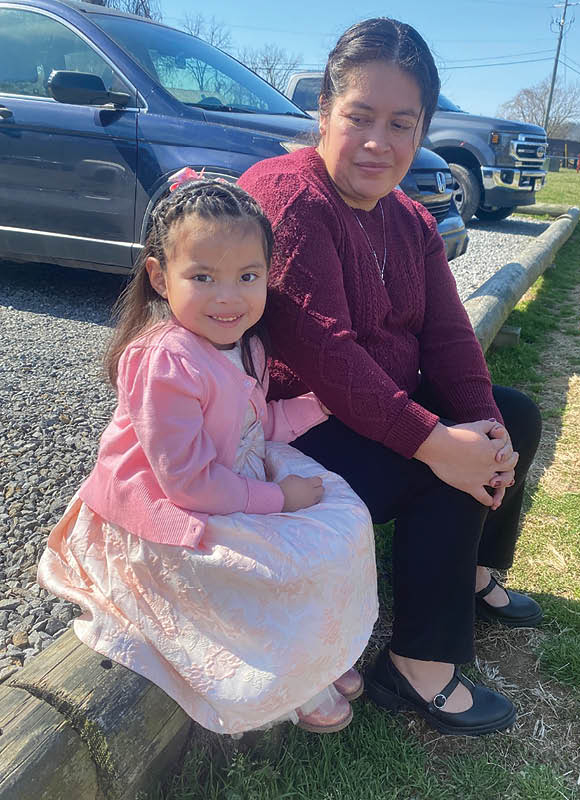Patient POV: Rare Disease Trials
‘So Scarlett Might Have a Better Future’

Photo Courtesy Alonzo Family
The results of a blood test showed Scarlett had a rare deficiency in an enzyme that breaks down the amino acid arginine. Without changes in her diet, she could be expected to develop mobility problems, followed by a loss of developmental milestones and the ability to walk, and possibly seizures.
“We were very surprised—we almost didn’t believe it,” Scarlett’s father, Alonzo de Alonzo Peres, says. “Those were some very hard days.” Soon after Scarlett’s birth, the Alonzos met with Emory medical geneticist Rossana Sanchez Russo, who specializes in metabolic disorders. She has evaluated most of the handful of children in Georgia with arginase deficiency, as well as some from neighboring states. Children with arginase deficiency tend to show symptoms starting around age 3, and some of her patients had spasticity.
The Alonzos also met with nutritionists at Emory’s Medical Nutrition Therapy for Prevention program, who provided them with medical information in Spanish since that is their household language. The family was instructed to provide Scarlett a special low-protein diet, along with nutritional supplements. “Prompt intervention can really make a difference in preventing unfavorable outcomes,” Sanchez Russo says.
Arginase deficiency is one of the rarer metabolic diseases. In some ways, it resembles phenylketonuria, where infants lack an enzyme that breaks down another amino acid, phenylalanine, and parents also are advised to modify their child’s diet, with the aim of preventing future complications.
But with arginase deficiency, symptoms may progress despite a restricted diet—and there is no approved enzyme replacement therapy. Sanchez Russo asked the Alonzos to participate in a clinical trial testing a potential treatment. The Alonzos got up at 5:00 a.m. and drove Scarlett from Ellijay to Atlanta once a week to receive an infusion providing a stabilized form of the arginase enzyme.
“We did it so Scarlett might have a better future,” says her mother, Magdalena Alonzo. “But also to help other children with this condition.” Ensuring that people from diverse backgrounds join clinical trials is important for health equity, Sanchez Russo says.
At 2, Scarlett was the youngest participant in the study, which took place in the US and several European countries. The double-blind period, during which the family didn’t know whether Scarlett was receiving active enzyme or a placebo, lasted for 24 weeks. The study was eventually “unblinded” and the family learned she had been receiving active enzyme. So far, Scarlett doesn’t have the neurological symptoms typical for children with arginase deficiency, but her father says sometimes she shows periods of fatigue and low appetite. She’s also shown no excess ammonia in her blood, a complication that can require hospitalization. Scarlett now attends pre-K in Ellijay, where the school’s staff is supportive of her special diet. She will say that a food has “too much protein” if she’s offered something she’s not supposed to eat.
The study testing the experimental therapy was published in January, with Sanchez Russo as lead author. It showed the stabilized enzyme could control excess arginine levels in participants’ blood. Based on this, the treatment was approved in Europe. But in the US, the FDA has asked the manufacturer for more data on patients’ mobility outcomes. The company that makes the arginase enzyme is reapplying to the FDA.
Email the Editor







